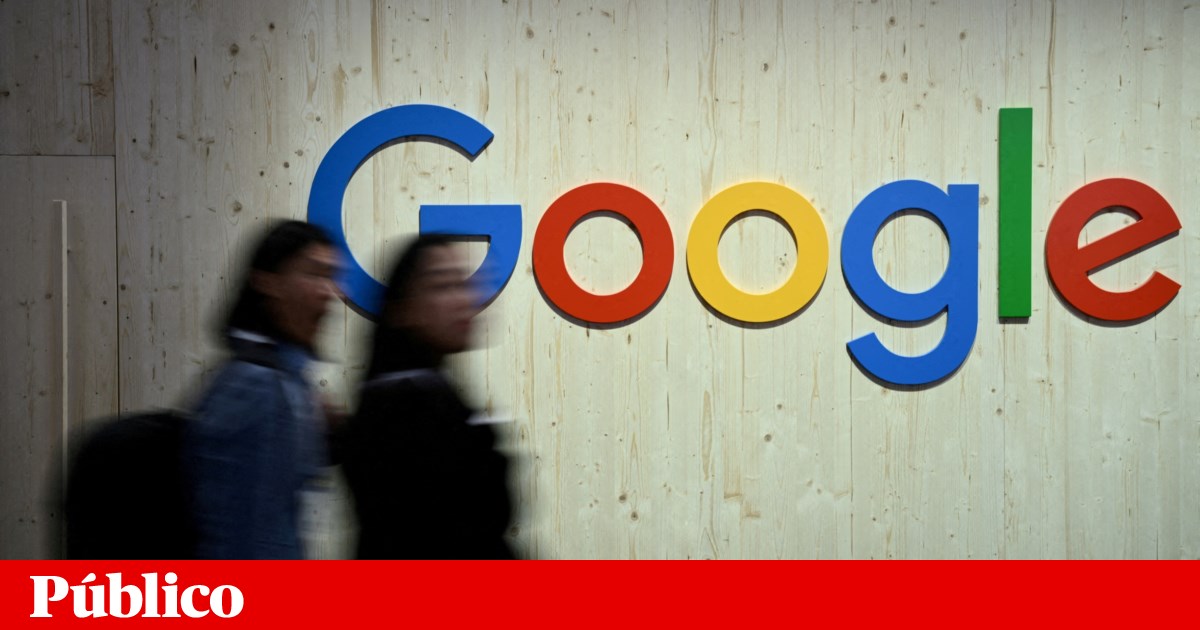For several years now, Google has been defending its intention to eliminate this problem. biscuit From Chrome. However, the company backtracked on Monday and announced that “rather than stop working biscuit The “third party” is intended to give users the freedom to decide whether or not they want to keep data. biscuit.
“Instead of stopping biscuit From third parties, we're introducing a new experience in Chrome that lets people make an informed decision that applies to their search. Web.and they will be able to modify their choice at any time.” advertisement It was signed by Anthony Chavez, vice president of Privacy Sandbox, the initiative Google created to study the issue.
Since 2020, when he committed to finishing biscuit For third-party Chrome, Google has repeatedly pushed this goal back to a later date. Initially, it was 2022. Then 2023. However, it was pushed back to 2024. In April, it was pushed back again to 2025.
The setback for the company is in line with the less enthusiastic reactions expressed by regulators, advertisers and competitors since Google proposed scrapping biscuitFor example, advertisers have criticized the decision because it limits their ability to collect information from users and tailor ads to their interests, Reuters wrote. If the biscuit If this idea comes to fruition, advertisers will be forced to use Google's databases.
The company justified the removal decision. biscuit With the demands of those using Chrome. “Users are demanding more privacy—including transparency, choice, and control over how their data is used—and it’s clear that the ecosystem Connected It must evolve to respect these demands.” January 2020Justin Schuh, who was at the time the director of engineering at Google Chrome.
Google has come up with a solution that involves using an algorithm that groups users with search experiences. Web Similar. The number of users belonging to each group will be limited, so as not to allow individual users to be identified.
But not everyone is convinced by the solution, as was the case with the digital privacy nonprofit Electronic Frontier Foundation, which warned that biased advertisers could filter out vulnerable demographic groups.
The UK Competition and Markets Authority launched an investigation in January to assess whether the cancellation of biscuit It could also force competition on Google. In February, the regulator asked the company to pause work on the matter until a series of concerns were resolved, writing: IAPP (International Association of Privacy Professionals).

“Coffee trailblazer. Social media ninja. Unapologetic web guru. Friendly music fan. Alcohol fanatic.”

